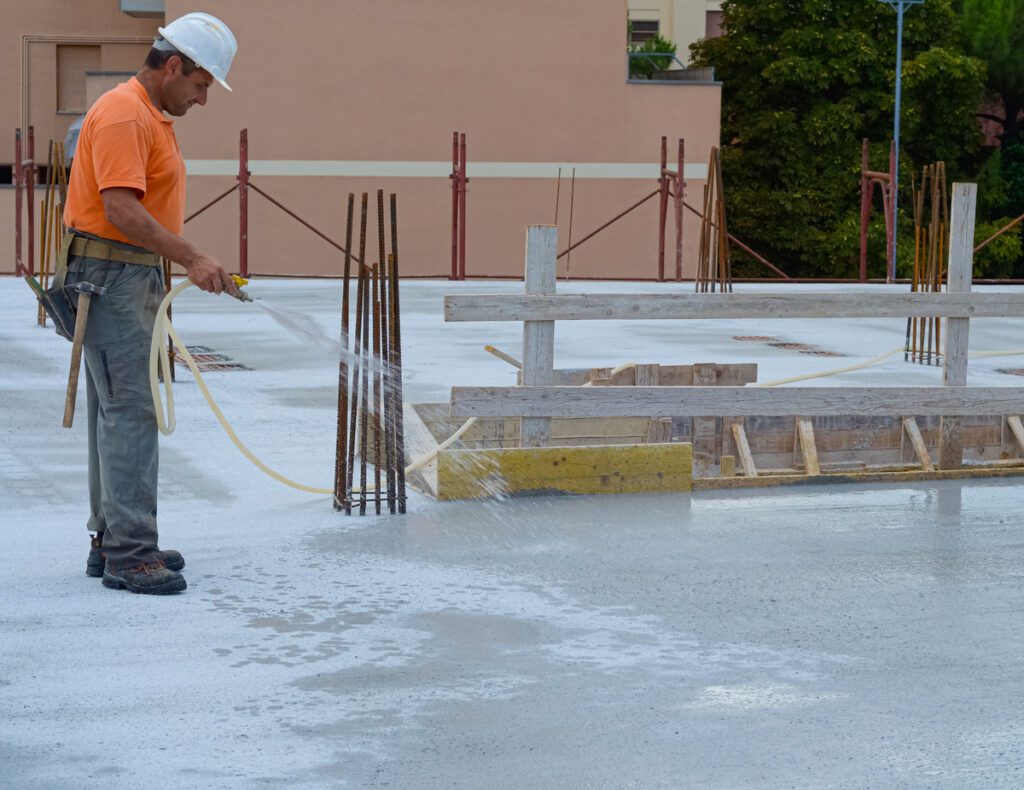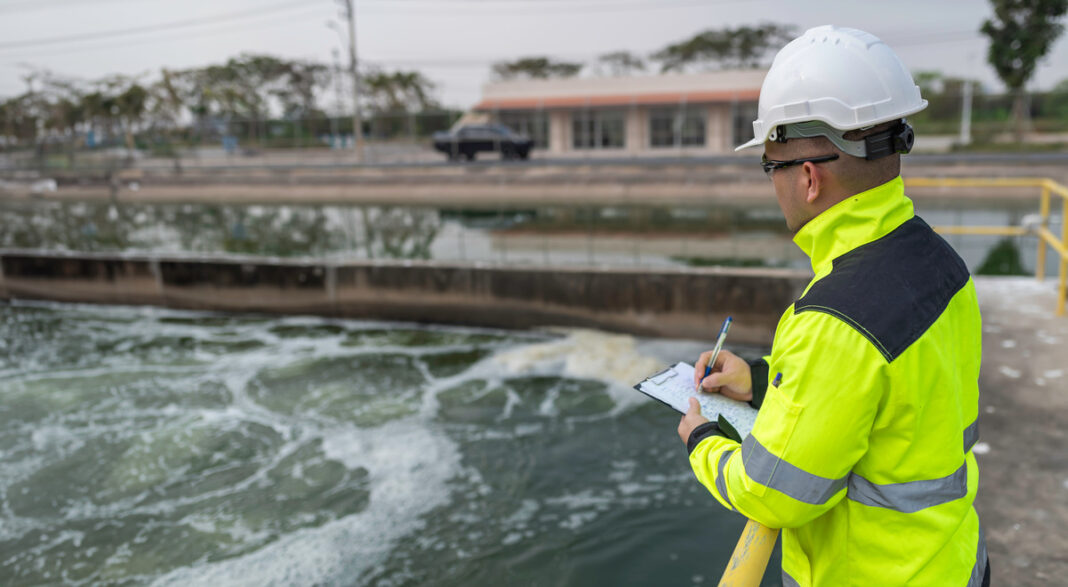Managing water and wastewater on construction sites presents several challenges. You often face regulatory compliance issues, environmental protection concerns, and logistical difficulties. These can disrupt your projects if not handled correctly. Effective water management is essential. It prevents pollution, cuts costs, and ensures that your projects stay on schedule.
Moreover, failing to manage water and wastewater properly can have dire consequences. It can lead to significant environmental damage and hefty fines. Ensuring compliance with local, state, and federal regulations is crucial for your construction project’s success.
This article outlines practical and effective strategies to tackle these challenges. You’ll learn how to improve your site’s overall management and ensure environmental compliance. By the end, you’ll be equipped with the knowledge to handle water and wastewater efficiently on your construction sites.
Importance Of Water Management On Construction Sites
Poor management of water and wastewater severely affects the environment. Contamination of local water bodies and disruption of ecosystems are common consequences. This pollution can harm wildlife, kill native plants, and alter habitats permanently.
Regulatory Compliance
Adhering to regulations is crucial. Local, state, and federal laws dictate how to handle water and wastewater on your sites. Ignoring these can lead to significant fines, project delays, or even legal action. Compliance isn’t just a legal requirement; it’s a cornerstone of responsible construction management.
Planning And Preparing For Effective Water Management
Begin by assessing your construction site’s specific water needs and potential risks. Evaluate the volume of water required for daily operations and identify possible sources of contamination or pollution. This initial step is crucial for setting the foundation of a robust water management strategy.
Developing A Water Management Plan
Following the assessment, create a detailed water management plan. This plan should comprehensively address water sourcing, use, treatment, and disposal methods. Ensure it includes protocols for maintaining water quality and efficiency throughout the project’s lifecycle, thus safeguarding against environmental and regulatory issues.
You may want to incorporate the use of Husky double diaphragm pumps to enhance water management efficiency. These pumps are particularly effective in handling varying water flows and can be crucial for operations requiring frequent and reliable water movement, such as site dewatering and fluid transfer. Their robust design ensures reliable performance in challenging construction environments.
Implementing Best Practices In Water Use
To optimize water usage on your site, adopt efficient practices such as recycling water and installing water-saving fixtures. These steps not only conserve water but also help reduce operational costs. Consider also scheduling water usage during off-peak hours to minimize impact and maximize efficiency.
Effective Wastewater Treatment
Effective wastewater management is crucial. Employ advanced technologies and methods for on-site wastewater treatment. This includes using filtration systems, biological treatment processes, and chemical treatments. Properly treated wastewater can be safely reused or disposed of, significantly reducing the environmental footprint of your construction project.

Managing Wastewater And Runoff On Construction Sites
To effectively control site runoff, implement robust sediment control measures. Utilize barriers, silt fences, and sediment basins that filter out pollutants before they reach waterways. These structures are essential for maintaining clean local water bodies and complying with environmental standards on wastewater treatment.
Proper Disposal Methods
Ensure the safe and compliant disposal of untreated wastewater by adhering to established best practices. Utilize approved wastewater facilities and treatment processes designed to minimize environmental impacts. Regularly audit these processes to maintain compliance with stringent environmental regulations and to prevent potential legal complications.
Monitoring And Maintaining Water Management Systems
Regular checks and maintenance of water management systems are essential. These inspections ensure that the systems function efficiently and comply with all regulations. Maintaining these systems helps prevent breakdowns, ensuring uninterrupted construction activities and avoiding potential fines for non-compliance.
Adapting To Changing Conditions
It’s crucial to adjust water management practices in response to changing weather conditions and construction phases. This adaptability prevents water-related issues such as excess runoff during rainy seasons or water scarcity during dry spells, ensuring that your project remains efficient and compliant under varying conditions.
Leveraging Technology In Water And Wastewater Management
Incorporating automated meters and sensors can transform how you manage water on construction sites. These technologies allow for real-time monitoring of water quality and quantity, ensuring optimal usage and compliance with environmental regulations. Automated systems streamline operations, reducing manual labor and improving accuracy in water management.
Innovative Water Treatment Solutions
Explore advanced technologies that enhance on-site water treatment and recycling capabilities. Technologies such as ultrafiltration, membrane bioreactors, and advanced oxidation processes not only ensure compliance with stringent environmental standards but also promote sustainability by treating and reusing wastewater effectively.
Conclusion
Managing water and wastewater effectively on construction sites is crucial. It ensures compliance with regulations, reduces costs, and protects the environment. By adopting best practices in water management, construction projects can minimize their ecological footprint and avoid legal pitfalls.
Continuous education and training in new water management technologies and practices are essential. Regularly updating site personnel’s skills ensures they’re equipped to implement the latest and most effective water management strategies.
Engage with environmental consultants or specialists for periodic audits and advice on optimizing water management. Consider forming partnerships with local environmental agencies to stay informed about best practices and regulatory updates. These collaborations can lead to improvements in water management practices that benefit both your projects and the broader community.





